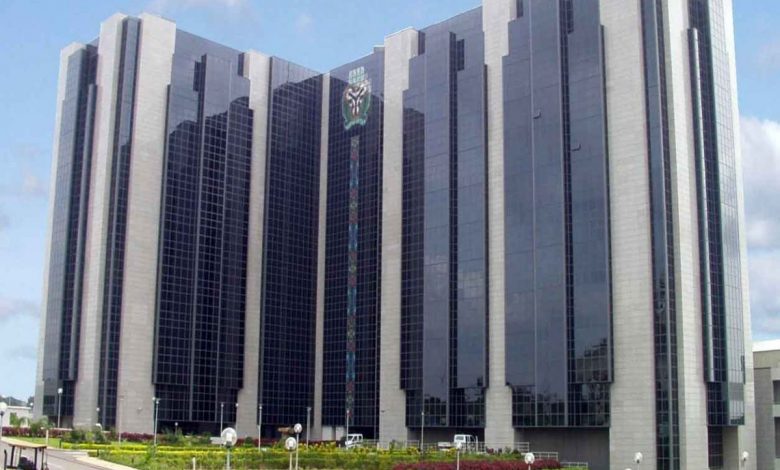CBN tightening drove surge in fixed-income market – AIHN

The Association of Issuing Houses of Nigeria has said that the Central Bank of Nigeria’s aggressive interest rate hikes drove investors’ demand for fixed income instruments in 2024.
This was stated by the President of AIHN, Kemi Awodein, on Thursday during the association’s Annual General Meeting and presentation of the 2024 financial statements in Lagos.
Saturday PUNCH reports that the Monetary Policy Committee of the CBN had hiked the benchmark rate by over 800 basis points in 2024 in a bid to tackle inflation.
Awodein said, “Key drivers for fixed income instruments in 2024 included CBN’s aggressive interest rate hikes to combat inflation. There were significant interest rate hikes in February and March 2024 (a total of 600 basis points), aimed at curbing inflation. In 2024, CBN hiked the benchmark interest rate eight times and by 875 basis points to 27.5 per cent in November from 18.75 per cent at the beginning of the year.”
She explained that the high-interest environment saw the crowding out of the private sector, affecting issuance activities, while government borrowing increased significantly, as efforts to manage liquidity were also heightened.
“Data indicates that about N12.83tn in Open Market Operation bills and T-bills were sold, compared to N716.7bn for the whole of 2023. Despite these challenges, as the year progressed, there was renewed investor confidence, leading to increased capital inflows.
“This was driven by government policies and the anticipation of interest rate cuts in other markets. Significant in the year was the successful issuance of the first domestic dollar bond by the Debt Management Office,” she said.
The AIHN boss disclosed that in 2024, the Nigerian investment banking sector saw significant activity in equity capital raises, spurred by the announcement on recapitalisation by the CBN in March 2024.
“By year-end, a number of banking institutions had concluded transactions, with Access Bank Plc announcing the attainment of the new regulatory capital. The activity in the sector will continue in earnest in 2025 as the deadline of March 2026 approaches,” she said.
Continuing on market development highlights, she said the transition of Aradel Holdings Plc from NASD to the Nigerian Exchange was impactful for investors and shareholders, providing investment opportunities as well as enhancing liquidity.
“Long-term debt capital raises were muted in 2024 in light of the interest rate regime and the significant and frequent issuances by the Federal Government. The private sector was essentially crowded out. Activities in debt capital raising were concentrated in Commercial Paper issuances.
“Capital Raising: Prominent transactions included Seplat Energy’s $650m bond issuance, aimed at expanding its energy operations, and Airtel Africa’s $500m capital raise, which was used to enhance telecommunications infrastructure,” she stated.
According to her, by the end of 2024, some banks, including Fidelity Bank, GTBank, Access Bank, FCMB, and Zenith Bank, had undertaken issuances targeted at meeting new capital requirements. “Recapitalisation was completed at year-end by Access Bank, with all banks required to complete their respective transactions before the end of Q1 2026,” she said.
Meanwhile, the AIHN financial statements for 2024 showed that total funds and liabilities grew from N452.6m in 2023 to N518.2m in 2024. Total income grew from N86.56m in 2023 to N123.6m in 2024, while expenditure for 2023 stood at N50.08m. Spending for 2024 was N60.75m, resulting in a surplus of N36.4m and N62.9m for 2023 and 2024, respectively.
Source: Punchng




